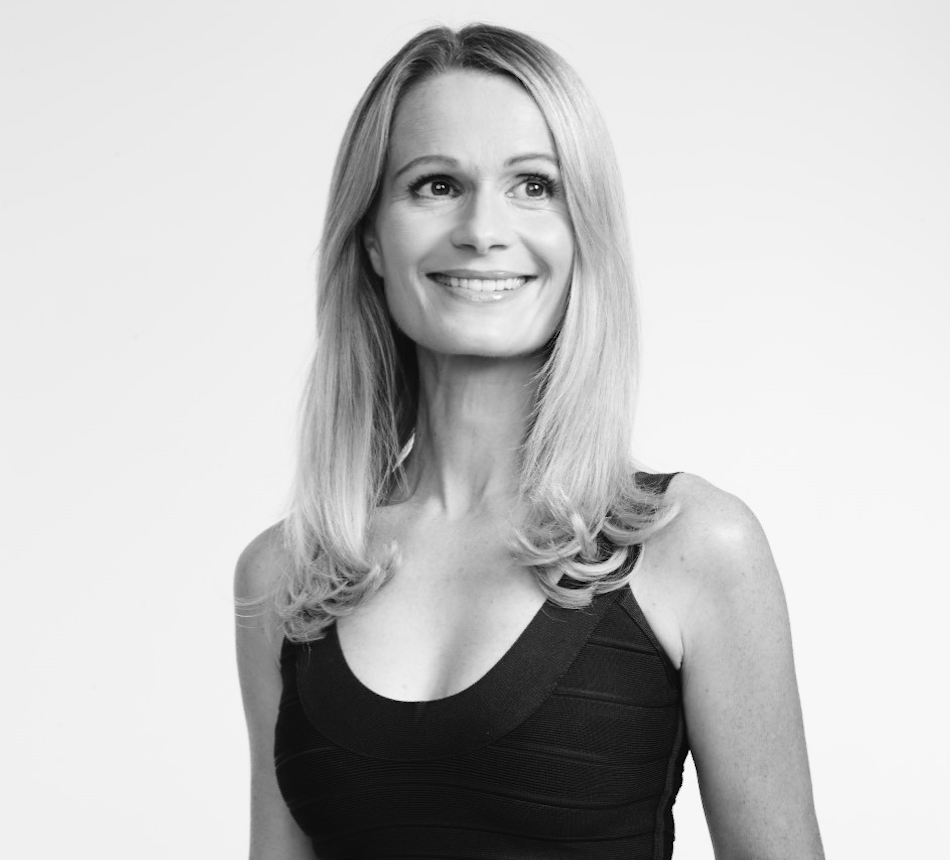Understanding Emotional Eating
Looking to control your Emotional Eating?
Our team regular share tips from our repertoire of strategies available, to learn more simply subscribe to our newsletter below

Our expert partner, Consultant Clinical Psychologist, Dr Denise Ratcliffe, helps us understand a bit more on how our emotions affect our eating, why emotional eating patterns develop and steps you can take to change emotional eating.
Our emotions and feelings can have a profound impact on why, how and what we eat. This pattern of eating in response to our feelings is often associated with weight change or at the very least can make it more challenging to lose weight. Emotional eating can become a problem if it is our main coping strategy for managing with difficulties.
Aside from the impact on weight, it is also problematic because of the negative effect it has on how confident we feel about our ability to cope with problems.
How do our emotions affect our eating?
You may find that specific emotions such as stress, anxiety, depression and boredom affect your eating. They could lead to you eating larger quantities of food or eating particular foods. Often people use food as a way of coping with a difficult or upsetting emotion and believe that eating will make them feel better when they are feeling distressed. People often feel better in the short-term as a result of eating but these feelings may be quickly replaced by guilt, self-criticism and shame.
Why does the pattern of emotional eating develop?
Most people’s eating is affected by their emotional state although the frequency and intensity varies a great deal. In fact, we are encouraged to make a connection between the effect of specific foods on our mood by food manufacturers and restaurants (for example, just think about the advertising message behind Happy Meals, Celebration chocolates etc). It can be a pattern of behaviour which starts earlier in life where we learn to make associations between events that happen, how we feel in response and food that was attached to this event. For example, if a child is upset and is repeatedly given treats or sweets, they may start to make a mental association between eating sweets and reduced distress. This sort of learned behaviour often happens at an unconscious level.
Over time, people often start to believe that eating makes their negative feelings reduce and this becomes their main way of coping. Sometimes people put so much energy into managing or suppressing their emotions that they may lose sight of the fact that the underlying trigger or problem which caused the emotion remains unchanged and unaddressed. These patterns of behaviour become automatic over time and so less intense versions of the feeling trigger the response. The brain takes a shortcut and recognises that eating is a way of responding to particular feelings. This becomes an automatic process which is often out of awareness.
What can you do to change emotional eating?
- Keep a diary to track links between food and mood. This helps raise awareness so it is less automatic but will also help you identify the specific feelings that tend to lead to eating in this way. Being specific about the emotional triggers gives you a clearer target to focus on.
- Identify the specific emotion that triggers any changes in your eating. Try to identify what the emotion is trying to signal to you. Just naming and labelling the emotion (e.g. I am feeling scared) can help to create some distance and make it easier to see the problem.
- Recognise that emotions come and go. You don’t necessarily need to react or change in response to it. We all experience a range of emotions so try to become comfortable with allowing yourself to feel the unfamiliar or more challenging emotions rather than quickly pushing them away. Create space for them and build up your emotional tolerance and stamina to experience them.
- Create a pause before eating in response to your emotions. This makes emotional eating less automatic but also gives time to think. Stop, think and make a conscious decision
- Identify some other ways of dealing with the emotions that affect your eating. Eating still remains one option but try to increase your repertoire so you have other strategies available. It is useful to identify your own strategies but examples include calling a friend, watching a film, listening to favourite music, meditation, going for a walk, planning pleasurable activities in future etc.
Dr Denise Ratcliffe, Consultant Clinical Psychologist
www.drdeniseratcliffe.co.uk
Twitter @drdenisepsych
At Louise Parker we work with a team of experts across a range of fields to help give you all the tools you need to get the most out of your programme. For more information on who we work with, visit our expert partners page here.
& More
Receive 10 free recipes to your inbox!
Sign up and we will send you 10 free recipes






